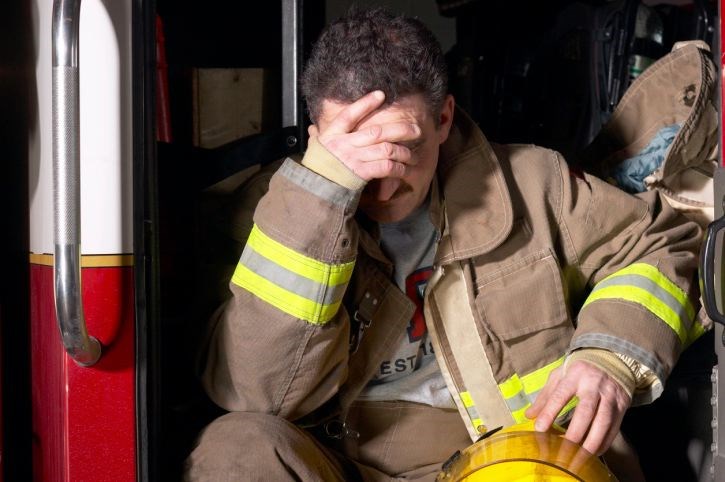When people hear the phrase compassion fatigue sometimes they'll first think of veterans, police, firefighters, doctors, nurses, and first responders, when in reality, anyone who works in a caring profession or anyone who is a caring person can suffer from it, said local registered clinical psychologist Dr. Dorothy Ryan.
"If you're a son and you're taking care of your father who has Alzheimer's, if you're a mother and you're taking care of a challenged child, if you're a counsellor listening to people like first responders tell their stories, all these people can suffer from compassion fatigue," said Ryan, who decided when she moved to Prince George to do full time counselling in a private practice. She taught for many years at the University of Alberta.
To offer some help, Ryan is facilitating a compassion fatigue workshop for those in need on Saturday from 9 a.m. to noon. Pre-registration is required by end of day Tuesday.
"The interesting part of this is that I have received requests to hold the workshop for groups," said Ryan, who will be speaking to an entire school's staff and groups of health care workers in different facilities.
"I am very pleased about that because people recognize that this is something we need to address and to be honest, we haven't been addressing it very well," said Ryan, who recently realized she has compassion fatigue herself. "So when you hear people's stories you remember it and it becomes part of an image in your own mind and this is what's happening to us in society today."
The Viktor Frankl quote "What is to give light must endure burning," comes to Ryan's mind when she thinks of compassion fatigue.
"If you're trying to provide light for others, you have to endure getting burned," said Ryan. "If you're going to be a personal care giver or a professional care giver you have to realize you're going to have to endure some pain. That quote drove me to say OK, let's see if we can shed some light on what the process is and what we can do about it."
Compassion fatigue looks different for everyone and it's an umbrella definition, added Ryan.
"First responders witnessing trauma can experience secondary trauma stress, which I would suggest is the most serious kind of compassion fatigue," said Ryan.
When people are witnessing trauma on a continual basis it can develop into full blown post traumatic stress disorder, said Ryan.
Another type of compassion fatigue is called vicarious trauma, which is when a person becomes engaged with someone who has been traumatized.
"That can form a type of video tape in your own head and it can affect you greatly," said Ryan. "The third part we include in compassion fatigue is called burn out, which a lot of us suffer from where we feel we have too many demands for the resources that we have." During the workshop Ryan will talk about building up resiliency, she said.
"Resiliency is our ability to recover from any type of trauma," said Ryan. "What you have to say is 'I have to be aware of what's happening in my body'. There will be ongoing physiological responses to threats. Whenever I feel unsafe my body is going to physically respond to that."
People need to be aware of what's happening in their body and then to intervene by doing what it takes to bring their body back to normal, she added.
"That's the whole secret to this," said Ryan. "Exercise is probably number one if you want to stay healthy and fight back from any trauma or anxiety that you're feeling. Sleep is essential, regular social activities and having some hobbies -- all of those things are very important. That's what I tell my clients."
The compassion fatigue workshop costs $20. To pre-register e-mail [email protected].

.png;w=120;h=80;mode=crop)

